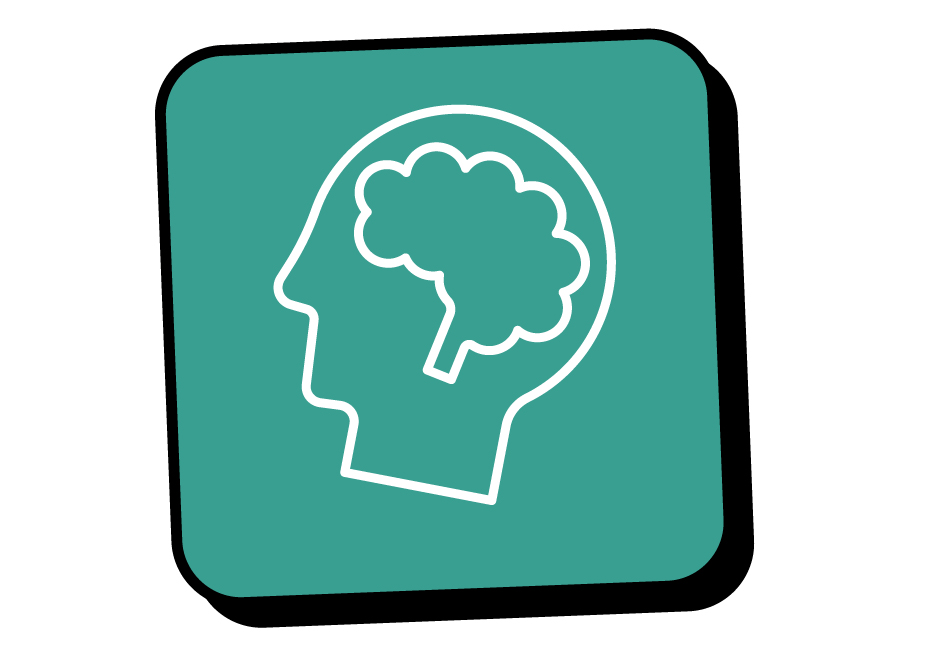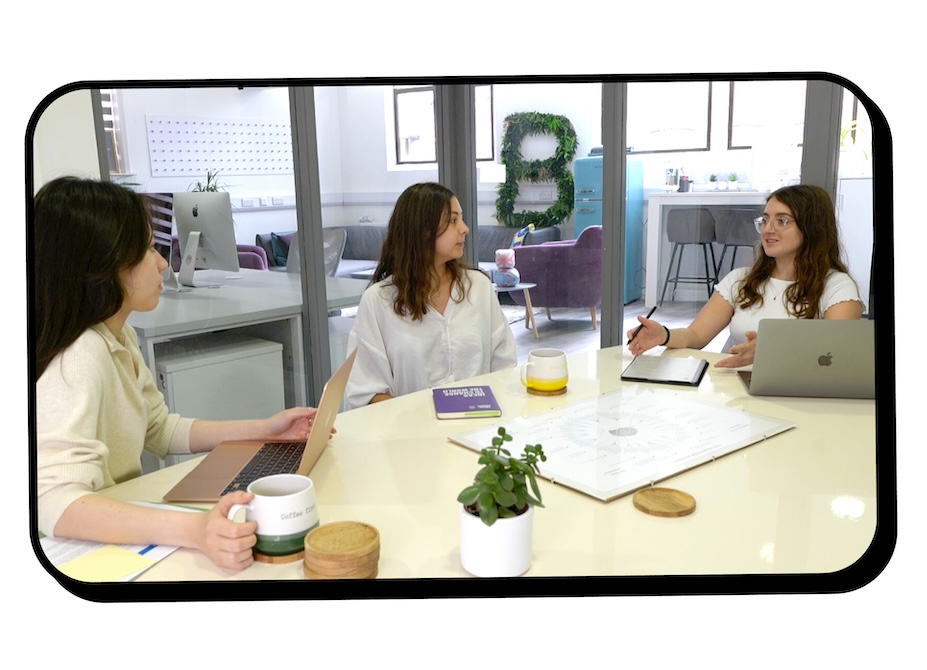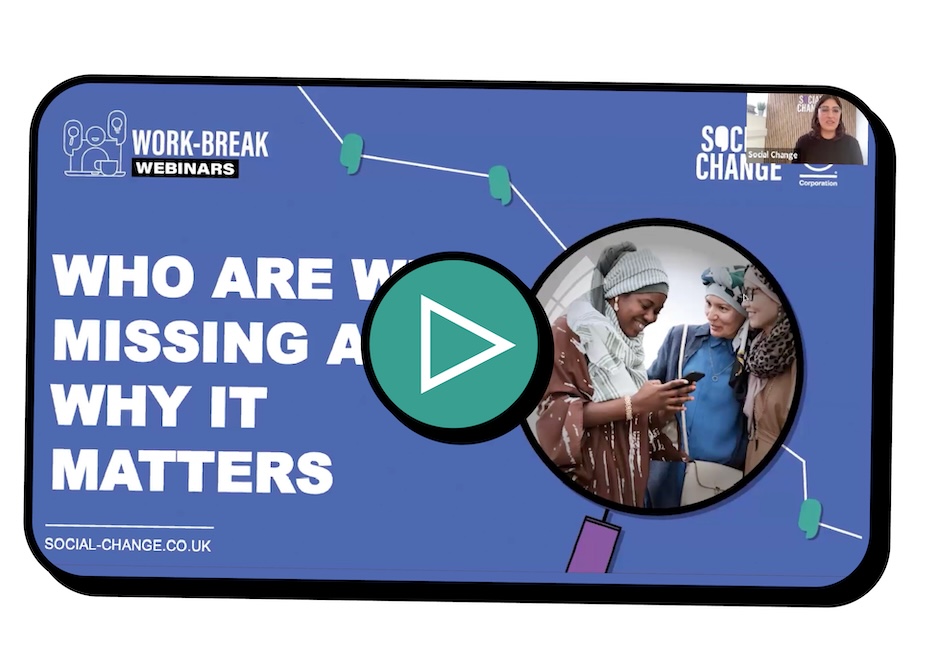
What is Decision Fatigue?
Too many choices? Discover how decision fatigue is holding you back in our July newsletter!
More +Your regular dose of BS (Behavioural Science) from the Changemakers at Social Change.

Ever notice how stories stick with you more than facts?
That’s Storyteller Bias. We’re more persuaded by, and better recall, information delivered as a story. It’s not just who is telling it, it’s how the story is told: the perspective, tone, emotion, and narrative structure all shape how we interpret and remember events. Stories make ideas far more memorable than statistics or facts alone.
People are wired to respond to stories...
• Personal anecdotes teach lessons that stick, even when the details fade.
• Case studies or historical examples help people remember key insights.
• First-hand experiences make advice and habits easier to remember and apply.
• Testimonials or brand stories often persuade more effectively than numbers.
*Behavioural Science

①. Tell stories, not statistics:
Frame messages with characters, challenges, and outcomes
②. Highlight relatable characters:
Use people your audience can identify with
③. Emphasise emotion and context:
Show highs and lows to make the story stick
④. Leverage credible storytellers:
Leaders, influencers, or real customers boost trust
Turn ordinary facts into memorable stories that engage, persuade, and inspire action.
Get in touch to explore how behavioural science can make your messages stick through storytelling:

We're hiring!
Are you naturally curious about human behaviour? Do you love diving into data, uncovering patterns, and finding insights that inspire positive social change?
We're looking for an Insight Specialist to join our team!

| Engaging with the "Hard to Reach" Communities Over 300 professionals joined us to explore Engaging with ‘Hard to Reach’ Communities, led by our Insight Specialist, Kawal. Missed our latest webinar? Catch up online! |

Too many choices? Discover how decision fatigue is holding you back in our July newsletter!
More +
October is a perfect reset. Discover how the Fresh Start Theory can turn intentions into lasting change in our latest newsletter.
More +Enter your email address below to access the Academy and our Webinars